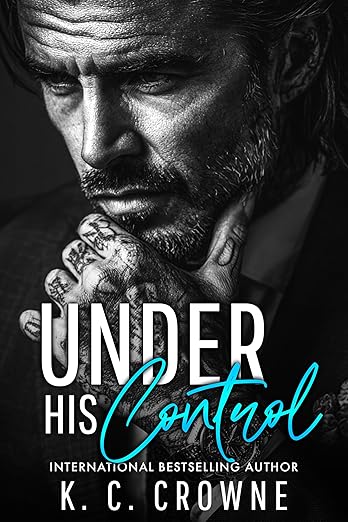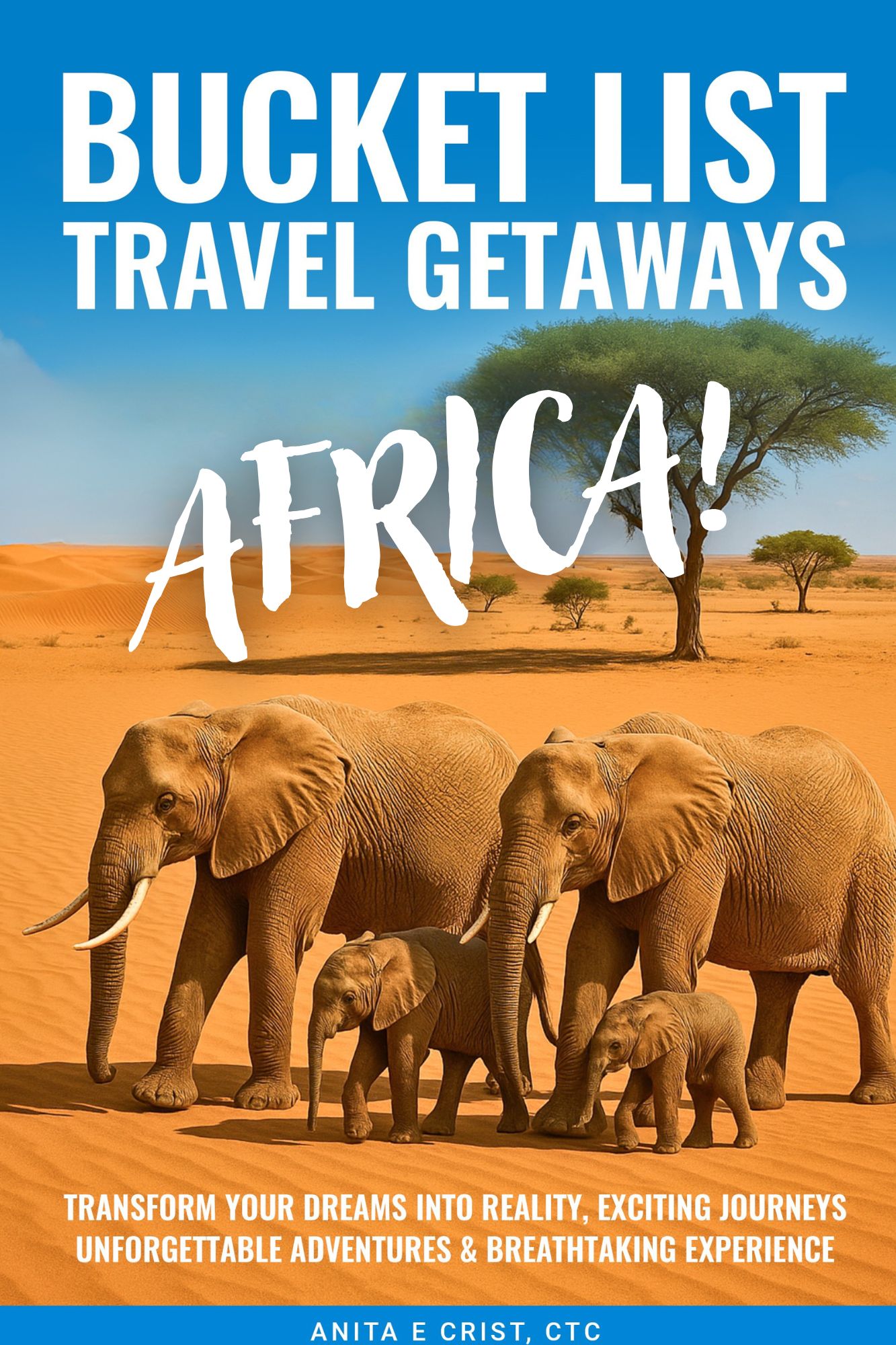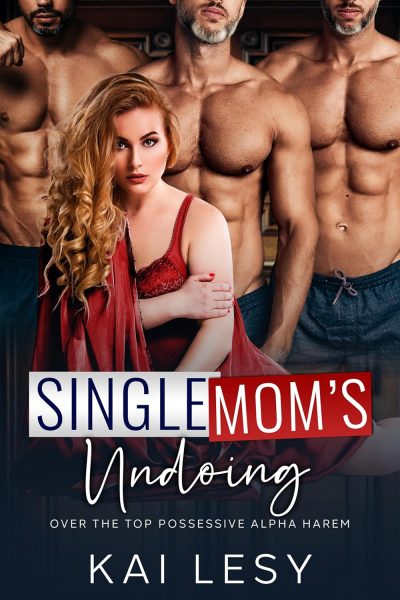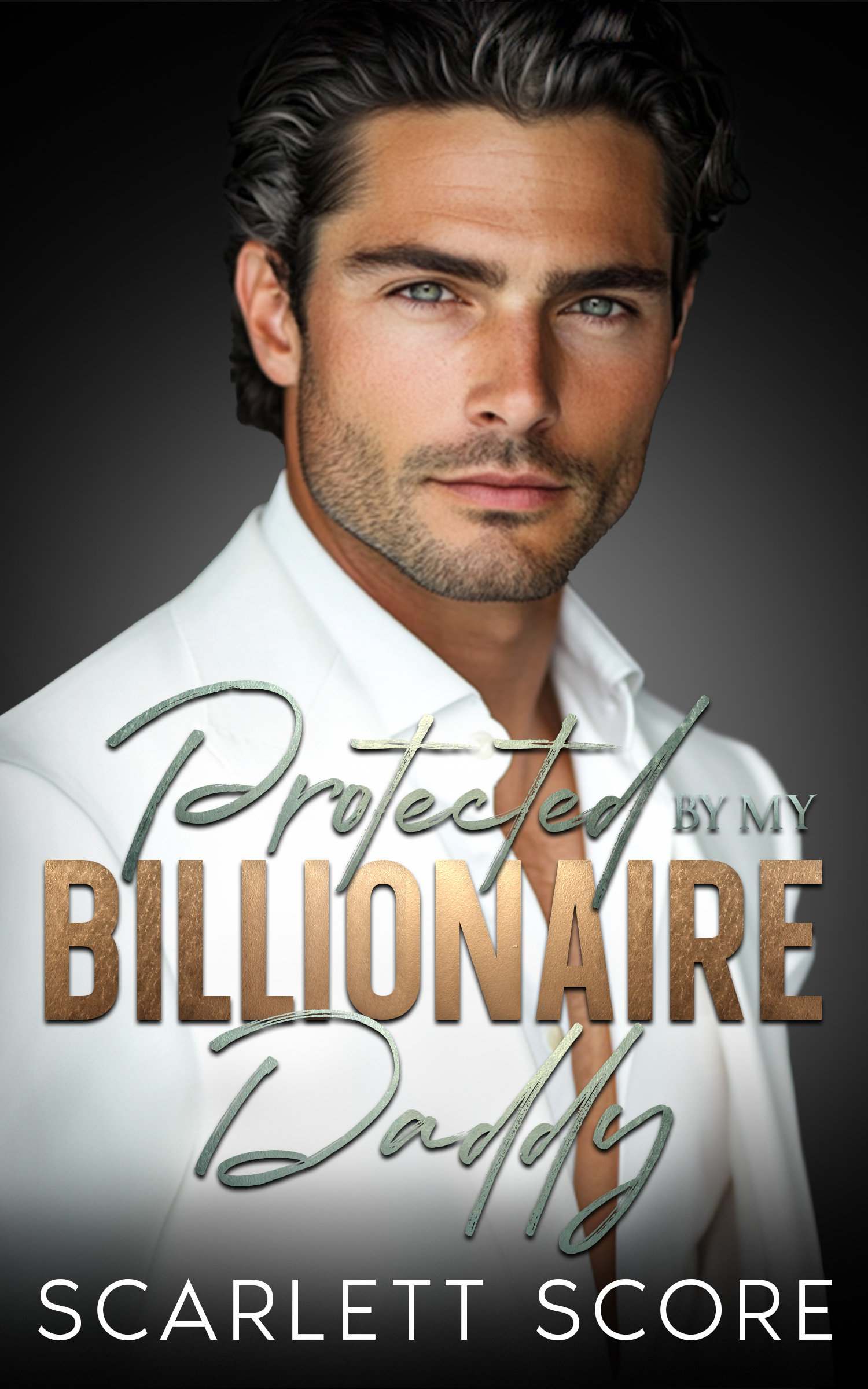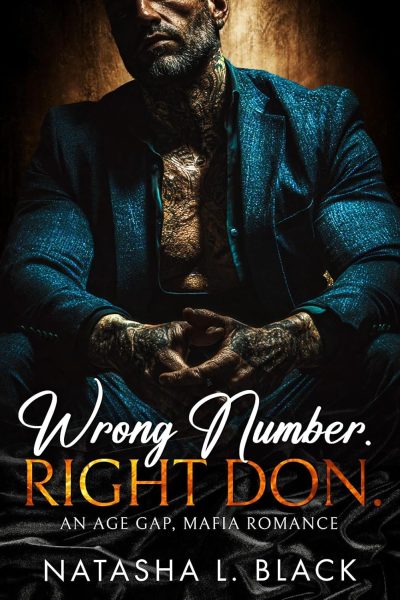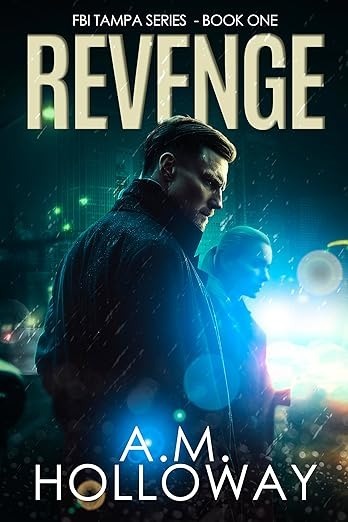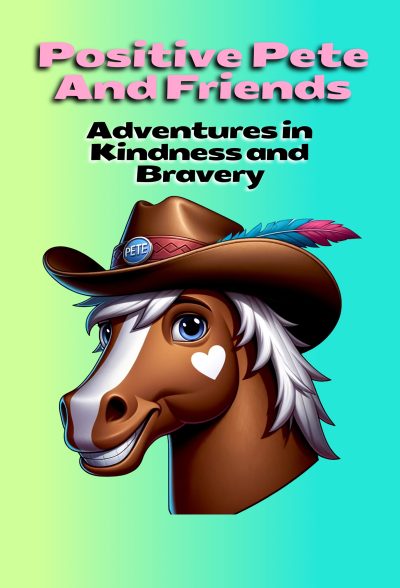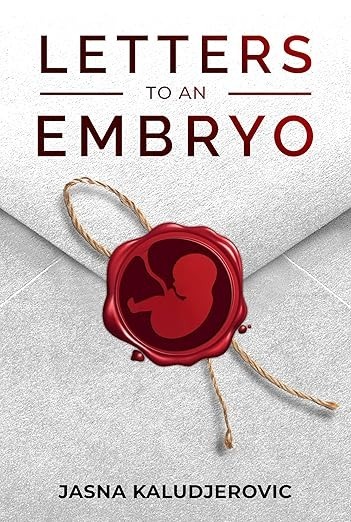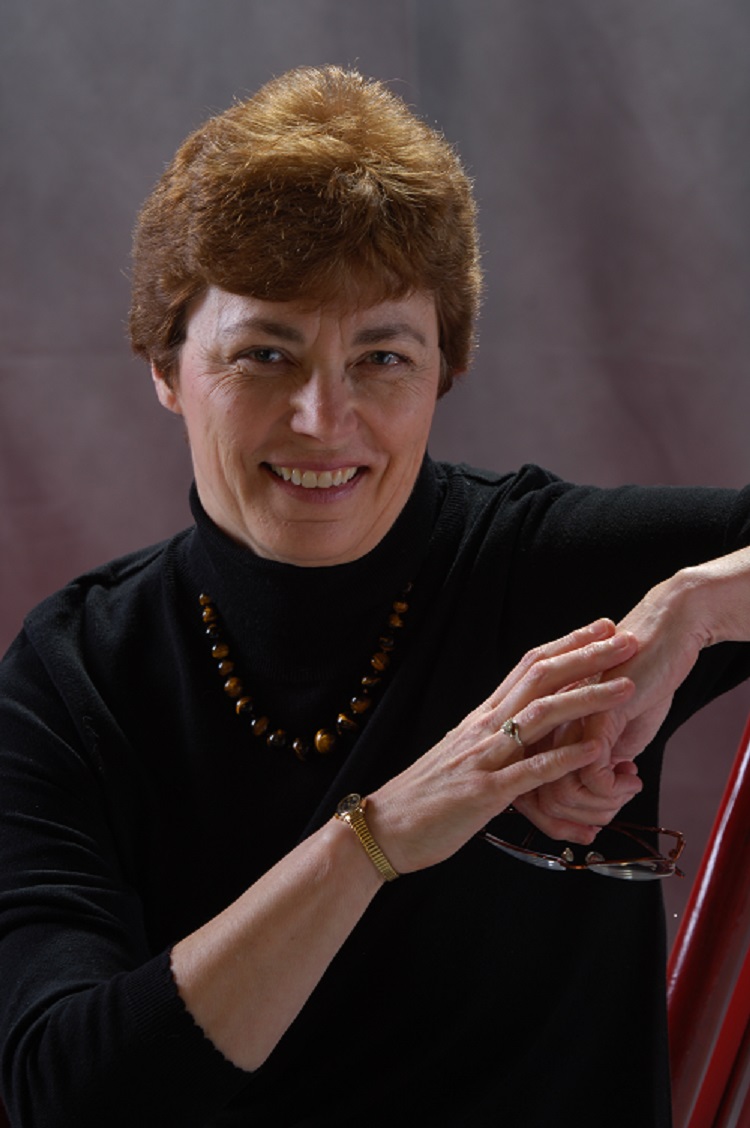 Tell us about yourself.:
Tell us about yourself.:
My name is Viktor Tonchev, and I’m a science fiction author with a deep fascination for the stars, ancient civilizations, and the intersection of technology and human destiny. I grew up captivated by stories that explore our origins and the possibilities of life beyond Earth. Writing allows me not only to imagine new worlds but also to ask big questions—about who we are, where we come from, and what lies ahead. “Return to Sirius” is my debut novel, and it marks the beginning of a broader universe I hope to expand in future books.
Where did you grow up, and how did this influence your writing?:
I grew up surrounded by nature, ancient ruins, and rich folklore—elements that have profoundly shaped my imagination.
The blend of myth and reality in the stories I heard as a child inspired me to write fiction that merges science, mystery, and philosophy. That upbringing gave me a deep appreciation for origin stories and a desire to explore humanity’s place in the universe.
Do you have any unusual writing habits?
Yes, I do. I usually write late at night, when the world is quiet and there are no distractions. That’s when my imagination is most alive. Sometimes I jot down ideas in a notebook right after waking up, especially if I’ve had a strange or symbolic dream. I enjoy stargazing before writing—it gives me a sense of infinity that inspires me. I believe inspiration often comes from the subconscious and dreams, and I try to stay open to it. Occasionally, I start with the ending and work backward—just to see if the story unfolds in an unexpected way. It’s not a traditional process, but it’s deeply personal.
What authors have influenced you?
I grew up surrounded by nature, ancient ruins, and rich folklore—elements that have profoundly shaped my imagination.
The blend of myth and reality in the stories I heard as a child inspired me to write fiction that merges science, mystery, and philosophy. That upbringing gave me a deep appreciation for origin stories and a desire to explore humanity’s place in the universe.
Do you have any advice for new authors?
Absolutely. First, don’t wait for the perfect idea, sentence, or time — perfection is the enemy of progress. Start writing now, even if it feels messy. You can always revise later, but you need a foundation first. Second, believe in your story — even when doubt creeps in. There will be moments when you question yourself, but persistence matters more than inspiration. Also, don’t underestimate the power of feedback. Let others read your work, but be selective with whose advice you absorb. Most importantly, enjoy the process. Writing should be an exploration, not a chore.
What is the best advice you have ever been given?
The best advice I’ve received was: “Write the story only you can tell.” At first, it sounded simple, but the more I thought about it, the more profound it became. It reminded me not to chase trends or compare myself to other authors, but to trust my unique perspective. Every writer has a voice shaped by their life, their questions, and their wonder — and that’s what makes stories memorable. This advice gave me the courage to embrace the themes I’m truly passionate about, even if they seem niche or unusual. It helped me silence the inner critic and stay true to the core message of my book.
What are you reading now?
Right now, I’m re-reading Childhood’s End by Arthur C. Clarke. It’s one of those rare books that still feels ahead of its time, even decades after it was written. Clarke’s ability to blend hard science with philosophical depth is something I deeply admire. I’m also exploring essays on consciousness and technology — subjects that continue to inspire the themes in my writing. I try to alternate between fiction and non-fiction to keep my imagination and critical thinking sharp. There’s always something new to learn from both the story and the science behind it.
What’s your biggest weakness?
My biggest weakness is probably over-editing. I have a tendency to revise scenes over and over, trying to make every word perfect. While that can improve the final product, it sometimes delays progress and causes unnecessary self-doubt. I’m learning to trust my first instincts more and allow the writing to be raw before refining it. I also struggle with letting go — hitting “publish” always feels like releasing a part of myself to the unknown. But I’m working on embracing imperfection as part of the creative journey.
What is your favorite book of all time?
It would have to be Dune by Frank Herbert. The first time I read it, I was amazed not just by the world-building, but by the complexity of its themes — ecology, religion, politics, destiny. It made me realize that science fiction can be both epic in scale and deeply introspective. Herbert’s vision of humanity’s evolution and survival challenged me to think differently about the future. It’s a novel that gets richer with every read, revealing new layers each time. In many ways, it shaped my approach to writing Return to Sirius.
When you’re not writing, how do you like to spend your time?
When I’m not writing, I love spending time outdoors — especially under the night sky. Stargazing connects me to something bigger than myself and often sparks new ideas. I also enjoy reading about ancient history, lost civilizations, and the mysteries of human origins. Sometimes I sketch concept art or maps related to my stories, just for fun. I find that stepping away from the keyboard can recharge creativity in unexpected ways. Whether it’s walking in nature or listening to instrumental music, I try to stay in a mindset where imagination flows freely.
Do you remember the first story you ever read, and the impact it had on you?
Yes — it was The Little Prince by Antoine de Saint-Exupéry. I read it as a child, and even then, I sensed that it was more than just a children’s book. Its simplicity hid profound truths about love, loss, loneliness, and imagination. That story stayed with me for years, and I still return to it from time to time. It taught me that stories don’t need to be loud or complex to be powerful. Often, the quietest stories leave the deepest echoes. That early experience made me want to write something that could one day stay with someone in the same way.
What has inspired you and your writing style?
I’ve always been drawn to the big questions—Where did we come from? Are we alone? What defines our humanity? These questions naturally led me to science fiction. My writing style is shaped by a mix of classic sci-fi influences and a philosophical curiosity about existence. I aim for clarity and emotional resonance, even when exploring complex ideas. I’m inspired by the poetic weight of simplicity—how a few carefully chosen words can convey vast emotions or deep truths. I also value structure, pacing, and immersion, always striving to keep the reader both engaged and reflective.
What are you working on now?
Right now, I’m working on the sequel to Return to Sirius. The story continues to explore humanity’s extraterrestrial origins, but it also delves deeper into themes like memory, myth, and moral evolution. The next book will expand the universe I created—introducing new worlds, dilemmas, and characters. I want to challenge the reader to think about what it really means to evolve—not just biologically, but spiritually. It’s an ambitious project, but I believe it has the potential to elevate the story to a new level.
What is your favorite method for promoting your work?
I enjoy engaging with readers directly—whether through social media, book groups, or personal messages. Sharing story snippets, behind-the-scenes insights, or visual artwork related to the book helps create a connection. I also like creating short, cinematic visuals that reflect the mood of the novel. Word of mouth and genuine reader reviews are powerful tools, too. I prefer organic promotion that builds trust and curiosity rather than aggressive advertising.
What’s next for you as a writer?
Beyond the sequel to Return to Sirius, I plan to write a standalone novel set on Earth—a mystery with sci-fi undertones, possibly exploring parallel realities. I also want to experiment with interactive storytelling in the future, blending technology and narrative. Long term, I hope to build a universe that spans multiple books but remains grounded in meaningful human experiences. Writing isn’t just a career for me—it’s a lifelong exploration.
How well do you work under pressure?
I try to transform pressure into focus. Deadlines can be stressful, but they also sharpen my priorities. That said, I prefer to work with inner discipline rather than external stress. When I’m passionate about a project, I become naturally productive. Even under pressure, I aim to maintain quality over speed. Writing is not just output—it’s reflection and intention.
How do you decide what tone to use with a particular piece of writing?
Tone is all about the emotional truth of the story. I begin by asking: What feeling do I want to leave the reader with? Is it wonder, tension, awe, melancholy? For science fiction, I often aim for a tone that blends mystery with gravitas—something that invites contemplation. Characters also influence tone—if the protagonist is introspective, the narration may mirror that. Ultimately, tone must serve the heart of the story.
If you could share one thing with your fans, what would that be?
I’d tell them this: You matter more than you know. Every reader who gives their time to my story becomes part of something larger than the words themselves. I don’t write to impress—I write to connect. And if even one sentence stays with you, makes you wonder, or helps you feel less alone in the universe, then the story has done its job. Thank you for being part of the journey.
Viktor Tonchev’s Author Websites and Profiles
Amazon Profile
Goodreads Profile
Viktor Tonchev’s Social Media Links
Facebook Page
Twitter
Pinterest

